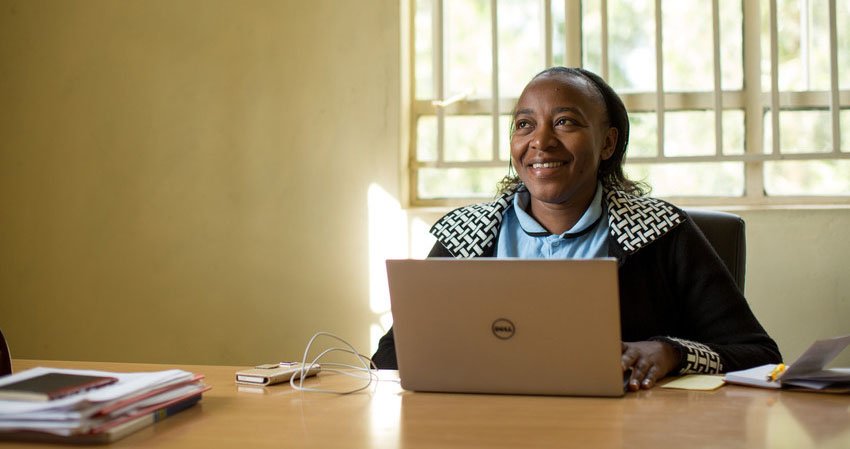As a woman journeying through various roles in different organizations, I have grappled with conflicting cultural expectations whenever I dared to seek challenging but fulfilling experiences. Fierce competition notwithstanding, gender intricacies further complicate women’s access to leadership opportunities—more so in the rural, remote communities in the developing world where leadership roles are deemed masculine.
I remember leaving the lucrative corporate world in pursuit of hard-to-reach and marginalized populations in the rural, remote regions of Kenya in order to deliver health information and services to them. It was tough work which mostly entailed traversing bush land and dodging wildlife. However, it was an exciting, educational and fulfilling work assignment. In addition to learning a new culture, I became brave, built life-changing relationships, acquired insights into community development interventions, honed my leadership skills and eventually, when I became the regional team leader, I was pleased it was quite worthwhile. This discovery has continued to fuel my determination to rise above the many limitations I continue to run into, including those I face in my current position as Country Director for Nuru Kenya. Indeed, Robin Sharma put it rightly:
“Your greatest growth and progress lies in the area of your greatest discomfort.”
Over the years, I often found it challenging and unfair to be on the receiving end of criticism particularly as a woman leader. It left me feeling threatened and unappreciated, especially due to the many hurdles I had to contend with to earn leadership roles. This distress ended when I got to Nuru Kenya and undertook the various leadership development modules that all staff are taken through. Feedback was one of the foundational courses and the importance of giving and receiving feedback dawned on me. Creating opportunities for feedback enhances performance, cultivates objectivity, accountability and resilience. Feedback can be positive and when negative, should be presented constructively. Feedback should not only be one way. It nurtures teamwork and leaders should collect as many responses as is appropriate in order to assess the impact they have on their teams and work in general.
It was indeed a humbling and enlightening experience when I began to proactively seek feedback. In the process, I learnt how to acknowledge failure, reflect on the various emerging issues as well as explore the different options available of transforming failure to success. I take pride in hard work, but now I also take disappointment in stride. I have acquired the humility and courage necessary to admit mistakes and accommodate critique. I enjoy the interactive atmosphere at Nuru Kenya, where we are all trained to acquire, nurture and put to use our leadership knowledge and skills. This way, the vision is not only shared but owned and sustained by all!
My collective experiences—both uplifting and challenging—served to mold, inspire and enrich my leadership. Here are 8 of my personal sayings I use to inspire Nuru Kenya staff and our farmers:
- Empowerment starts with us—we who are poor—by acknowledging we need to allow and accept to be empowered.
- A household with an empowered woman will never lack.
- You may not lead your community, but you can lead problems out of your life.
- If we change our attitude and harness our will, we shall achieve the progress we desire.
- When we strongly desire the best, we work hard to get it.
- There is pride in hard work. Waiting for handouts just proves how lowly we and others regard us.
- When we work hard to surpass what our predecessors achieved, then we can say we have progressed.
- Nuru* is us. What we do should bring light into our lives and the lives of others.
*Nuru is a Kiswahili word meaning light with connotations of hope.
Nuru has the potential to show the world that solutions to poverty are community-owned and community-driven. I am proud to be in an organization that believes in and promotes women leaders. I am a community member first and a woman second. I value my team. They are my strength. And I know that together, we will win the fight against extreme poverty.


